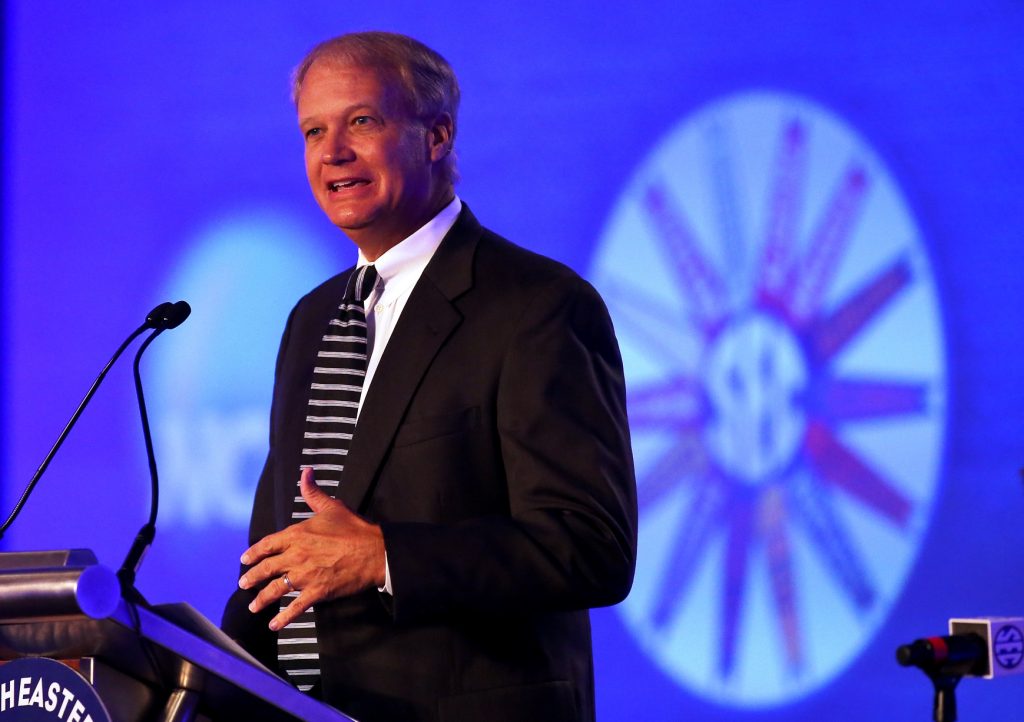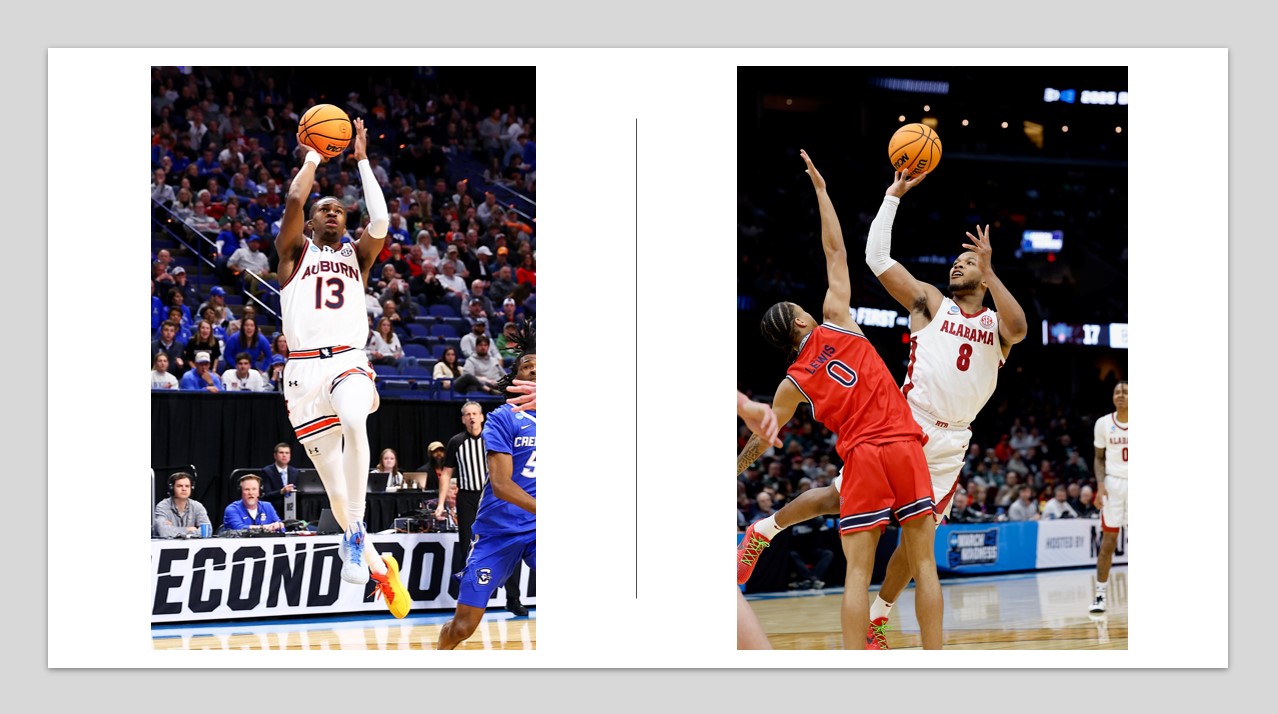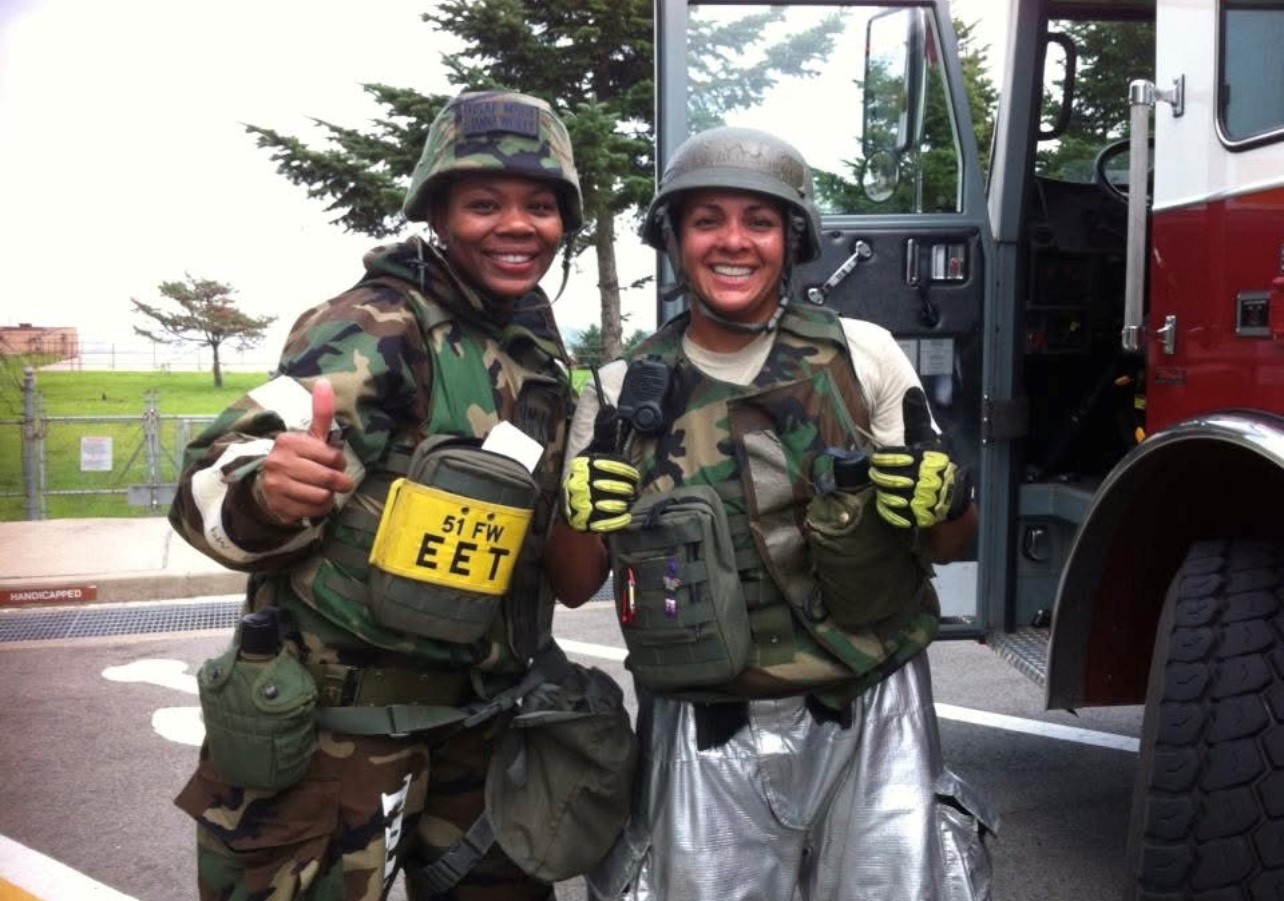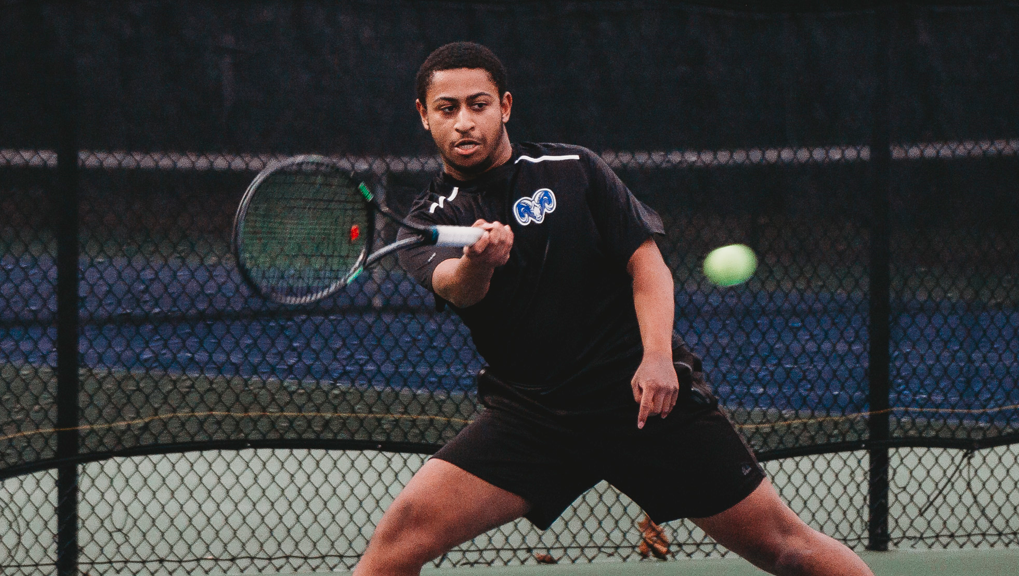Collaborative process expected to improve instant replay in the SEC

Steve Shaw, SEC coordinator of officials, talks about rule changes and the changes to instant replay this year at SEC Media Days. (SEC/Jimmy Mitchell)
The coordinator of officials for the Southeastern Conference explained a new replay system Tuesday at SEC Media Days.
“We can’t live with incorrect outcomes,” said Steve Shaw, noting that the current system needs to be updated.
“Over the last 10-plus years there has been little change in the process of instant replay. It’s time to take a look at it.”
The NCAA has approved the SEC’s request to use a collaborative process for instant replay.
A command center will be set up at the SEC’s Birmingham offices where a team of officials can look at a call on the field and make a ruling on whether it should be overturned.
The collaborative process will be used on an experimental basis. If successful, Shaw expects it to be approved by the NCAA next year.
There are two main goals, he said: Avoid incorrect outcomes, and maintain consistency.

Steve Shaw, SEC coordinator of officials, talks about rule changes and the changes to instant replay this year at SEC Media Days. (SEC/Jimmy Mitchell)
Shaw said consistency is important because if a ruling on the field is overturned on one play but not on another similar play, coaches and fans may not understand.
“We have built our foundation in officiating on integrity, and there will be no exceptions from that,” he said.
Player safety is the driving force in officiating.
“We will stop the game if we see a player who is injured,” Shaw said.
Three officials will be in the SEC office. They will collaborate on a call on the field and come up with what they believe is the correct answer.
Last year, the average time to decide the outcome of a play was one minute, 21 seconds.
“We averaged about two stops per game last year,” Shaw said.
The most important penalty that will be reviewed is the targeting penalty because a player can be disqualified.
“A ball carrier sliding to his feet is a defenseless player,” Shaw said.
Other points of interest are coaches’ sideline management and control, managing pace of play and substitutions, and unsportsmanlike conduct fouls.
One of the most difficult calls to make is when two teams that play fast – Auburn and Ole Miss, for example – are seen committing a foul. If the ball is snapped before a penalty can be called, too late, no penalty can be called.
The replay collaborative officials will use network cameras to make their calls. Officials are required to take a physical, and an eye test is part of that physical.
Officials also have to run a mile every year to qualify.
“Last year Commissioner (Greg) Sankey ran a mile with us,” Shaw said, “and finished in time to qualify.”





